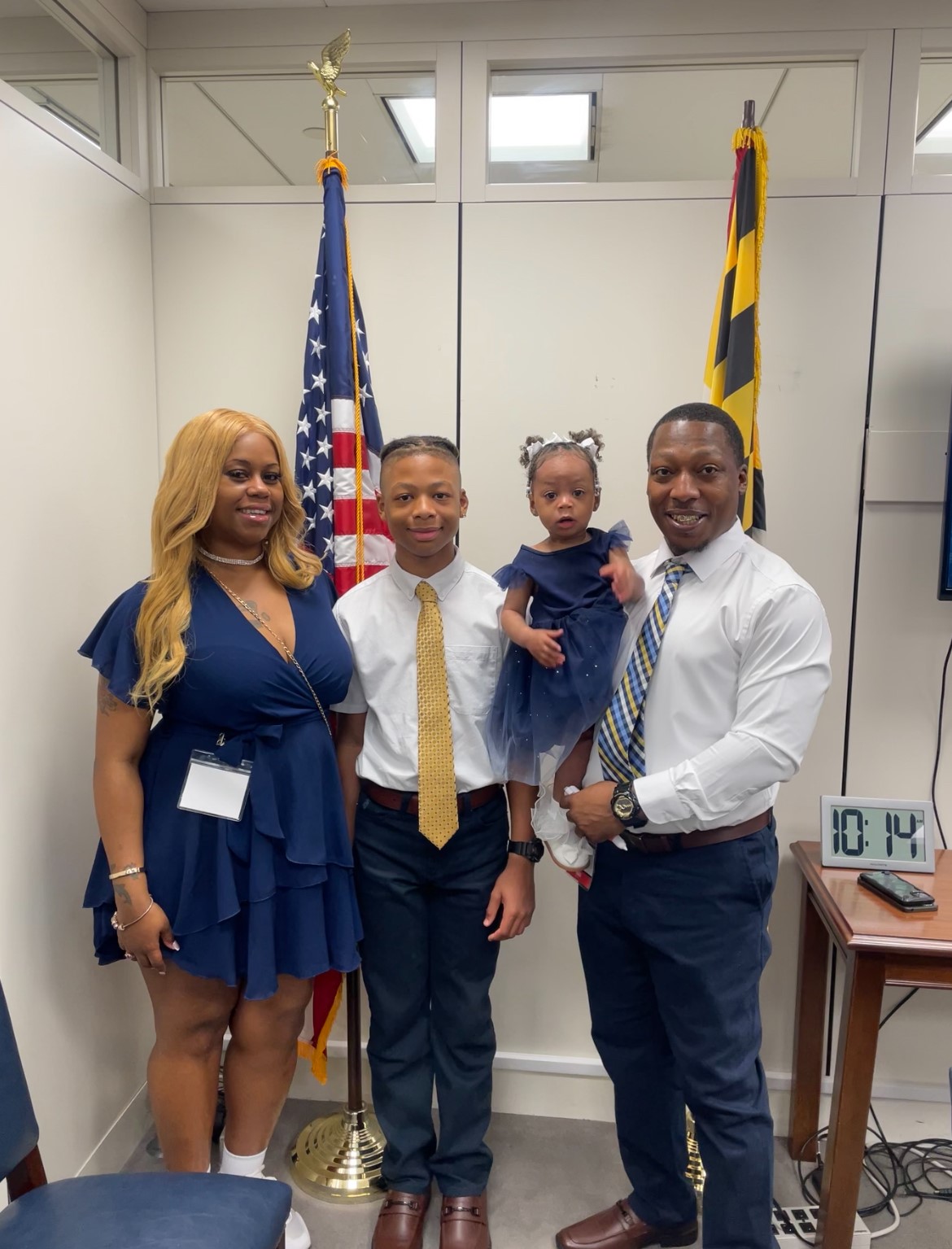
- Economic Security
“Economic insecurity is probably the most difficult thing to overcome..”
– Esmeralda Candelario (CA)
Juggling full-time work, furthering her education, and raising her daughter, Esmeralda C. understands firsthand the importance of adequate family leave policies and affordable child care. She knows that “economic insecurity is probably the most difficult thing to overcome” and that many parents in California and across the US are forced to make difficult choices between their careers and their children’s well-being.
Including her. Esmeralda was forced to quit her job because her company’s time off policy didn’t allow her enough days off to care for her baby, Emma, when she was sick. But with financial support from the federal government through policies like the (now defunct) 2021 expanded Child Tax Credit, Esmeralda was able to continue strengthening her family. She bought a car, found a job, and her own place to live.
Now, Esmeralda is vocal about the need for legislative action to reinstate the expanded Child Tax Credit and ensure access to paid family leave and child care, especially for single parents.
“The most depressing and discouraging thing is to search for help when you feel like nobody’s listening,” she told ZERO TO THREE. “I think in a lot of ways, or at least specifically for me, single parents are kind of left behind or overlooked. . . We can be working 40 hours a week, going to school another 20 hours a week, but that really doesn’t leave us enough time to spend with our children to make sure they’re looked out for.”
Today, Esmeralda is advancing in her career in the healthcare industry, has secured adequate child care for Emma, and is studying to become a social worker so she can continue to help others.
“My life has improved so much in the last three years,” she shared. When asked about her daughter, Esmeralda beams, “She’s one of the smartest kids you’ll ever know and I am worried her success will not be seen by the world because of a lack of economic security. Families need better policies that support families with young children so we have a real shot at the American Dream.”



